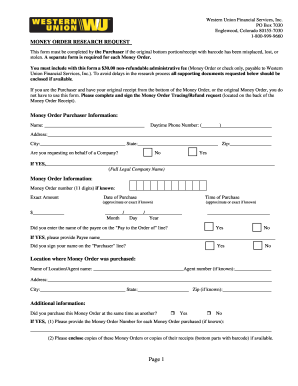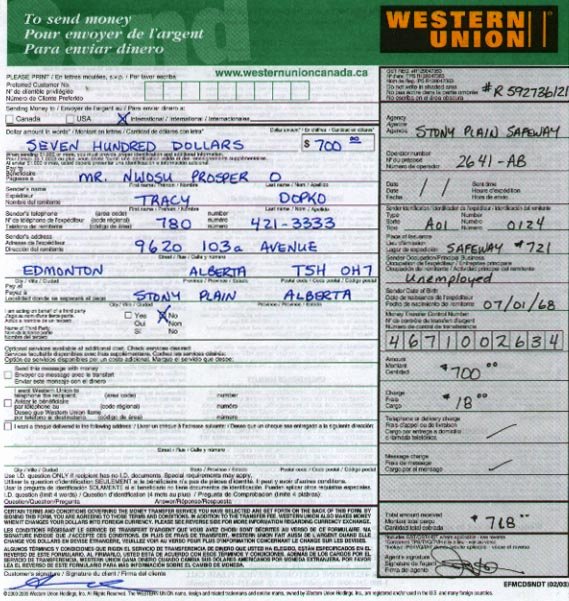

After a year, you can still cash the money order, but you’ll have to pay a service fee. Money orders are valid for one year after purchase.

If the Money Order has been cashed, you will receive a copy of the front and back and if not, a stop payment will be placed and the Money Order reissued to you after the standard 30 to 45-day processing time. Complete the form and send it in with a $12 processing fee and the original Money Order stub (required). Initiating a Money Order claim you’ll need to pick up the money order claim form from your local Amscot Branch. Money orders don’t expire, but after one year they will begin to lose value (“depreciate.”) Check the depreciation info on the back of your Amscot money order to confirm its specific terms. This service charge, if applicable, is detailed on the back of the money order. Another popular money order spot is Western Union.Īlthough Western Union’s money orders don’t expire, a service fee may be deducted from the amount on the order. The post office is the top issuer of money orders, and their money orders never expire, although you’ll pay a fee of at least $1.25 at the time of issuance. TD Bank money orders don’t expire, for instance, and fees aren’t charged if you don’t cash it within a specific timeframe. Money orders generally don’t expire, although some services deduct from the value of the money order if it isn’t used by a designated number of months or years.Ī bank money order generally doesn’t have this stipulation, but you’ll need to check with the branch issuing the check.


 0 kommentar(er)
0 kommentar(er)
